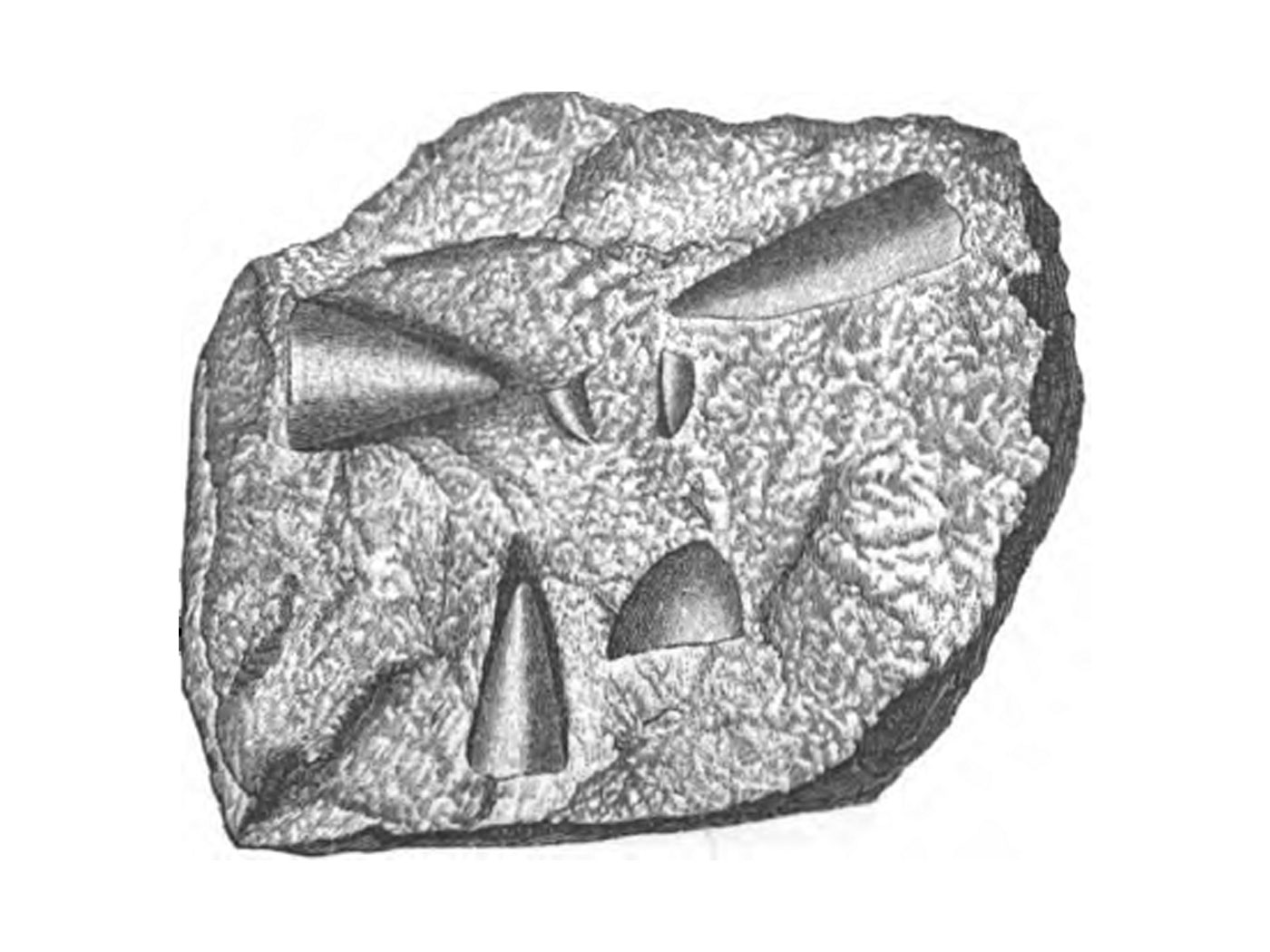Well-known physicist and atheist Stephen Hawking died at age 76 on March 14, 2018. He uniquely bridged the gap between ivory-tower academia and popular culture.
ICR nuclear physicist Dr. Vernon Cupps says, “He captured the public’s imagination and endeared himself to millions around the world. He is best known in the world of physics as a leader in exploring gravity and the properties of black holes.”
The combination of his being academically admired and living with a crippling disease made him a striking public figure. Hawking’s battle with amyotrophic lateral sclerosis (ALS, also known as Lou Gehrig’s disease) over several decades made his life unimaginably difficult, but he continued his cosmological studies. “When you are faced with the possibility of an early death,” he said, “it makes you realise that life is worth living and that there are a lot of things you want to do.”1
He clearly stated what he wanted to accomplish before dying. “My goal is simple,” he said. “It is a complete understanding of the universe, why it is as it is, and why it exists at all.”1
His most well-known journey into these topics was his international best-selling book A Brief History of Time (1988), which made noteworthy contributions to theories of black holes, space, and time, and sold over 10 million copies. ICR’s Vernon Cupps says that the book “was a significant contribution to the scientific community's understanding of the cosmos yet written on a layman’s level.”
A 2014 film was made about Hawking’s life. Called The Theory of Everything, it starred Eddie Redmayne as Stephen Hawking and Felicity Jones as his wife, Jane Hawking. Nominated for several Academy Awards, the film garnered a Best Actor Oscar for Eddie Redmayne.
Throughout his life, Hawking denied the existence of God or anything spiritual. In an interview with The Guardian, he said, “I regard the brain as a computer which will stop working when its components fail. There is no heaven or afterlife for broken down computers; that is a fairy story for people afraid of the dark.”2
Regarding Hawking’s stance on religion, ICR physicist Dr. Jake Hebert says, “In later years, his statements against religious faith became increasingly antagonistic, with statements that even fellow secularists found bizarre.3,4 One can’t help but wonder if he was, as he approached the prospect of his own death, trying desperately to convince himself, as he had so many others, that there is no God.”
Hawking was born in Oxford in 1942 to a family that highly valued education and intelligence. Family meals were often spent with each member silently reading a book. At age 17, Hawking went to University College, Oxford, where he studied physics and chemistry. In 1962, he went to Trinity Hall, Cambridge, for doctoral work and received a Ph.D. in applied mathematics and theoretical physics. After graduation, he dove into professional studies of cosmology that lasted his entire life.
When he was just 21, ALS attacked his body and slowly crippled him. It eventually forced him into a wheelchair. Doctors predicted an early death, but amazingly he lived with this debilitating illness for over 50 years. A severe case of pneumonia in 1985 restricted his breathing to a tube and required him to communicate solely through an electronic voice synthesizer. But he continued his cosmological research and professional life.
For both biblical and scientific reasons, ICR disagrees with Hawking’s endorsement of the Big Bang model and his stance on religion. However, we recognize his advancements in physics and his courage in a lifelong battle with ALS. ![]()
For both biblical and scientific reasons, ICR disagrees with Hawking’s endorsement of the Big Bang model and his stance on religion. However, we recognize his advancements in physics and his courage in a lifelong battle with ALS. We hope his legacy inspires more people to investigate God’s wonderful creation.
References
- Elias, J. Stephen Hawking moved past life’s event horizon. PC Magazine. Posted on pcmag.com March 14, 2018, accessed March 14, 2018.
- Sample, I. Stephen Hawking: “There is no heaven; it’s a fairy story.” The Guardian. Posted on theguardian.com May 15, 2011, accessed March 14, 2018.
- Sarfati, J. Hawking atheopathy: Famous physicist goes beyond the evidence. Creation Ministries International. Posted on creation.com September 28, 2010, accessed March 14, 2018.
- Francis, K. Genesis, a Cup of Tea, and the End of the World. New English Review. Posted on newenglishreview.org September 2017, accessed March 14, 2018.













